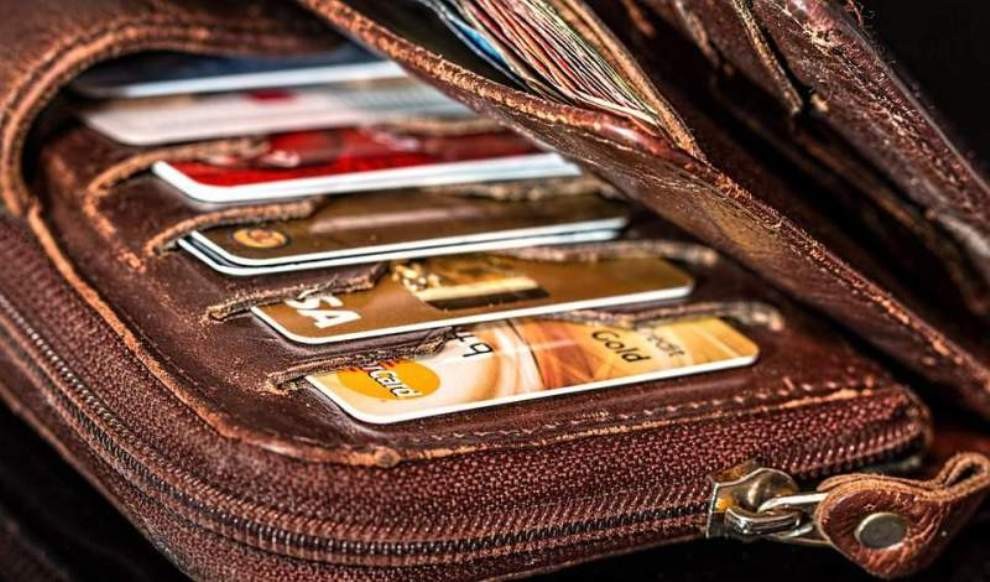If your small business falls victim to credit card fraud, the negative effect on your bank account can last well beyond the initial hit. When sales are made over the internet, by telephone or by mail order, preventing fraud becomes the responsibility of the merchant rather than the card issuer. If your business suffers a spate of frauds, credit card processors will view you as a riskier prospect and up their rates. They could even shut down your account.
The problem is set to continue to get worse due to the increasing amount of money flowing through online channels, combined with the rising number of mobile payments. Estimates suggest that by 2020, the total losses due to frauds where the cardholder is not physically present for the transaction could exceed $7 billion. Thankfully there are a few simple tips you can follow to dramatically reduce your risk of becoming a victim.
Verify the addresses
An Address Verification System (AVS) is a method of authorization approval which checks to see whether the address and zip code of the cardholder’s address matches the information held on file by the bank responsible for issuing the card. If this verification fails on any level, you can decline the transaction.
However, the system is not perfect. If a fraudster manages to get hold of any personal information linked to a stolen card, such as a telephone number, they can soon find the legitimate address and pass AVS. They typically place orders using the correct billing address but ask for the goods to be shipped somewhere else.
Check the origin of the card
One of the best things about launching your business online is that you then have access to the entire global marketplace. Although this can bring in sales from all over the world, it can also potentially expose you to new types of fraud.
Although AVS is extremely valuable when it comes to fraud prevention, it is not available for the vast majority of international transaction. It is not uncommon for fraudsters to use non-US issued cards in combination with a bogus US billing address in an attempt to bypass basic security checks by appearing to be a low-risk domestic transaction.
One way to spot such frauds is to use a credit card checker to validate the BIN – the name given to the first six digits of a credit or debit card number. These digits alone will allow you to determine the brand of card being used, whether it is a debit or credit card, the name of the issuing bank and the country where the card was issued. It is extremely rare for a cardholder to have a billing address that does not match the country where the card was issued so if your validation checks flag up this kind of discrepancy, you know there is a good chance the transaction is a fraudulent one.
Make a call
If you have performed the above checks but still have lingering doubts, the best option is to call the card company before you complete the transaction and ask them to make direct contact with the customer to confirm that the transaction is a legitimate one.












Add Comment